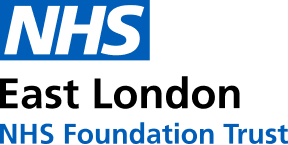In March 2020, ELFT agreed a transformational new vision for Research & Innovation (R&I) over the next five years to help deliver both the Trust’s Strategy and the national ambition for health research as integral to improving NHS care and patient outcomes. Its aims are to transform Research and Innovation into a corporate function supporting our services to deliver their improvement agenda, and broaden the spectrum of what we mean by ‘Research’ to include not just clinical research trials, but also service evaluations, case studies, audit, and Quality Improvement.
Menu
